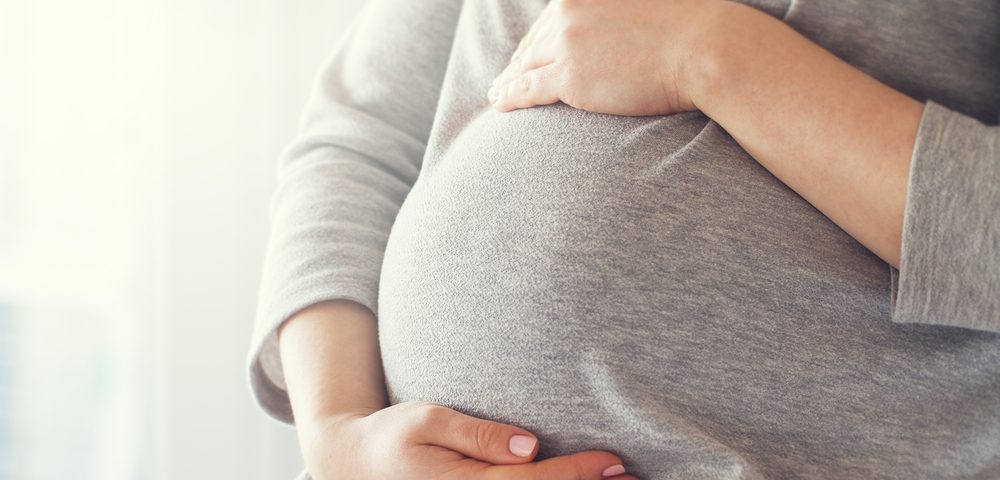Fibromyalgia increases the risk that pregnant women will have complications when giving birth and that their babies will have health problems, a study finds.
Only the second piece of research on fibromyalgia’s effect on pregnancy outcomes, it involved more than 7,700 women.
The study, published in The Journal of Maternal-Fetal & Neonatal Medicine, is titled “Maternal and neonatal outcomes among pregnant women with fibromyalgia: a population-based study of 12 million births.”
Researchers at McGill University in Canada based their study on American births between 1999 and 2013.
During this time there were 12,584,918 U.S. births, with 7,758 babies born to women with fibromyalgia. Although this number represented only 0.06 percent of births, researchers noted a steady increase in fibromyalgia patient pregnancies during the period.
The team said the mothers with fibromyalgia were on average older than those without the disease and had a higher socioeconomic status. They were also more likely to be overweight or obese and to have high blood pressure and diabetes before becoming pregnant. In addition, they were more likely to be using tobacco, alcohol, opioids, or illegal drugs.
A high proportion of the group had psychiatric conditions as well. Fifteen percent had depression, 11 percent anxiety disorders, and 4 percent bipolar disorder.
All of these factors increase the health risks of pregnant woman with fibromyalgia, the researchers said.
Those risks include blood clots, developing diabetes during pregnancy, membrane ruptures, and placental abruption, a condition in which the placenta separates early from the uterus. Pregnant women with fibromyalgia were also at slightly higher risk of having to deliver their baby through cesarean section.
The risk of complications that blood clots posed for pregnant fibromyalgia patients was 2.3 times higher than for women with endometriosis, researchers discovered. Endometriosis is a condition in which tissue that normally grows inside the uterus grows outside it.
Fibromyalgia patients were also at 35 percent greater risk of having a premature child and at nearly 50 percent greater risk of having an underweight baby.
The results were independent of patients’ age and other factors, such as obesity, alcohol use, and having a psychiatric disease.
Researchers acknowledged that they did not have information about the women’s fibromyalgia treatments, which could have influenced the results.
The fact that this was only the second study to explore fibromyalgia patients’ pregnancy outcomes demonstrates the need for more research on their pregnancy risks, the team said.

